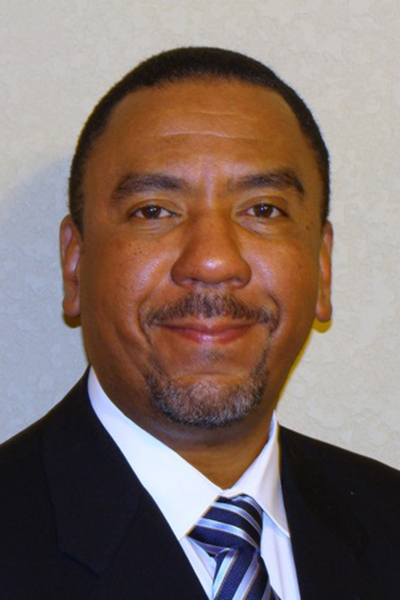
Tobacco cessation is a continuing topic at CHEST. A panel discussion, Treatment of Nicotine Dependence: What’s New?, will explore the latest developments in quitting tobacco on Wednesday, October 21, from 8:45 am to 9:45 am CT. The session will be available for on-demand viewing 24 hours later on the virtual CHEST 2020 meeting platform through January 18. CHESTDailyNews.org talked with panelist Jackie A. Hayes, MD, FCCP, medical director of the smoking cessation program at Brooke Army Medical Center, ahead of the session.
Daily News: What is the impact of tobacco smoking?
Dr. Hayes: According to the Centers for Disease Control and Prevention, in 2018, 34.2 million Americans—13.7% of adults—smoked in 2018. Smoking is the leading cause of preventable death and about half of smokers die of a smoking-related illness. In the US alone, smoking causes more than 480,000 deaths per year. Smoking cigarettes reduce the life span of the average American by 10 years.
Daily News: What will the panel cover?
Dr. Hayes: We will discuss the most recent guidelines and combination pharmacologic therapies for nicotine dependence, nonpharmacologic approaches, behavioral therapy, and the latest evidence regarding the use of electronic cigarettes for tobacco cessation.
Daily News: What makes it so difficult to stop tobacco even when people recognize the dangers?
Dr. Hayes: Nicotine is highly addictive, and the withdrawal symptoms can be extremely unpleasant. Nicotine dependence is a chronic medical disorder that involves multiple central nervous system circuits and cell membrane receptors. Use of nicotine products leads to a chronic up-regulation and reduced sensitivity of CNS nicotine receptors. When individuals attempt to stop or reduce their smoking, they will develop acute episodes of nicotine withdrawal. The symptoms of nicotine withdrawal can include anxiety, irritability, feeling depressed, fatigue, difficulty concentrating, increased appetite, and insomnia. These episodes are reversible with smoking, which makes it very difficult to stop smoking. Stopping smoking requires a behavioral change. Environmental cues, social situations, or stress may cause relapse of tobacco use.
Daily News: What resources are available to help individuals with tobacco cessation?
Dr. Hayes: FDA-approved medications for treating nicotine dependence include nicotine replacement therapy (nicotine patches, gum, nicotine lozenges), bupropion, and varenicline. There are several online resources and tobacco quit lines available. These sites offer a variety of modalities to assist with tobacco cessation and include smartphone applications, online expert advice, information about medications, and text messaging support. They include:
- Quit for Life
- Lung Helpline and Tobacco Quit Line: (1-800-LUNGUSA)
- American Heart Association: 1-800-AHA-USA1
- Smokefree.gov
- BecomeAnEx.org
- Betobaccofree.gov
Daily News: How have tobacco cessation strategies evolved?
Dr. Hayes: There has been an increased use of combined therapies, including combined behavioral counseling or group programs with medications, to assist with smoking cessation. The combination of behavioral counseling and medications has been shown to be more effective in tobacco cessation than one form or therapy alone.
More recent studies have shown that medications can be used in combination safely and these combinations may be more effective. The greatest evidence exists for using a combination of varenicline and nicotine replacement therapy, especially in patients that have failed a single therapy in the past.
Daily News: What are the key takeaways from the discussion?
Dr. Hayes: First, know the resources available in your community to assist tobacco cessation. Second, be willing to provide medications to assist with cessation, including FDA-approved varenicline, nicotine replacement therapy, and bupropion. Thirdly, a combination of behavioral therapy and pharmacotherapy is superior to either therapy alone. And finally, combination pharmacotherapy is safe and may be more effective than a single agent for smoking cessation.
Sign in to CHEST 2020 now!
Not registered yet? Register now to enjoy top-tier education through Wednesday, October 21, and access to the virtual platform until January 18, 2021.





